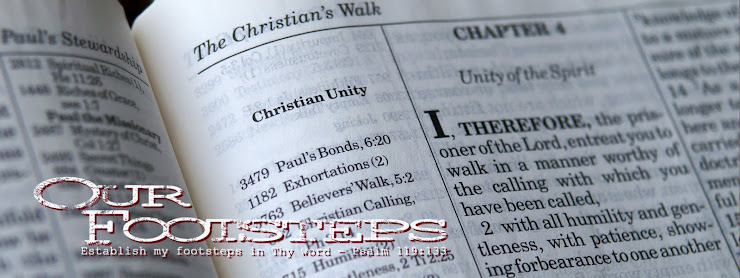If we hate our brother we walk in darkness. Walking in darkness implies a few things: we aren’t walking in light, we are groping around to find our way, and we are in fact stumbling as we go. The passage of scripture in 1 John 2:9-11 tells us these things. But if we ‘walk in the light as He Himself is in the light, we have fellowship with one another’. Having fellowship with one another is connected with walking in light (or walking in truth). In true fellowship, love for one another must be a prerequisite. Hatred, or even indifference, toward one another does not constitute genuine meaningful fellowship. Fellowship – and anything else but love – would be a contradiction in the life of a Christian. And not only that, it would be a grievous sin against another man and the God that created that other man.
Christ’s law of love as we read in Luke 10:27 states that ‘you are to love the Lord your God with all your heart, and with all your soul, and with all your strength and with all your mind’. But it doesn’t stop there, it goes on to address our relationship to others when it says, ‘and your neighbor as yourself’. Who is our neighbor and who is our brother? The Bible gives no narrow definition of these terms. There is no indication that the neighbor or the brother is simply the one who lives nearby or the one who shares the same parents. No, it is much broader than this. Ask the man who famously became known as the Good Samaritan who his neighbor was. He didn’t even know the person he encountered but yet came to his aid, not only disrupting his own plans, but also sacrificing his resources to make sure the injured was well taken care of.
The Holy Spirit has furnished the Christian with the ability to love. If the true believer is going to love God like he is commanded, then he has a responsibility to cultivate his love toward others. There are no excuses.
